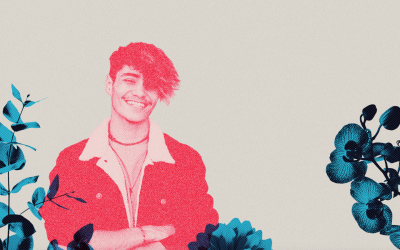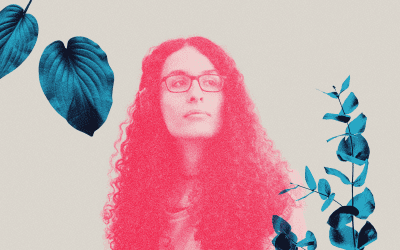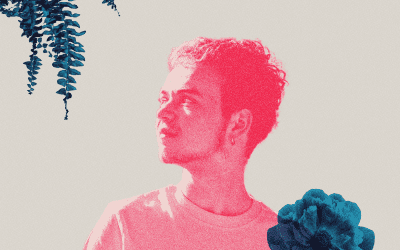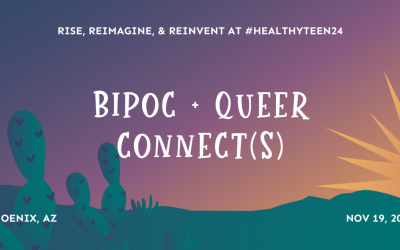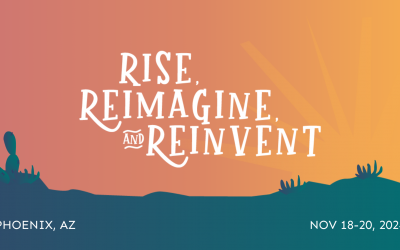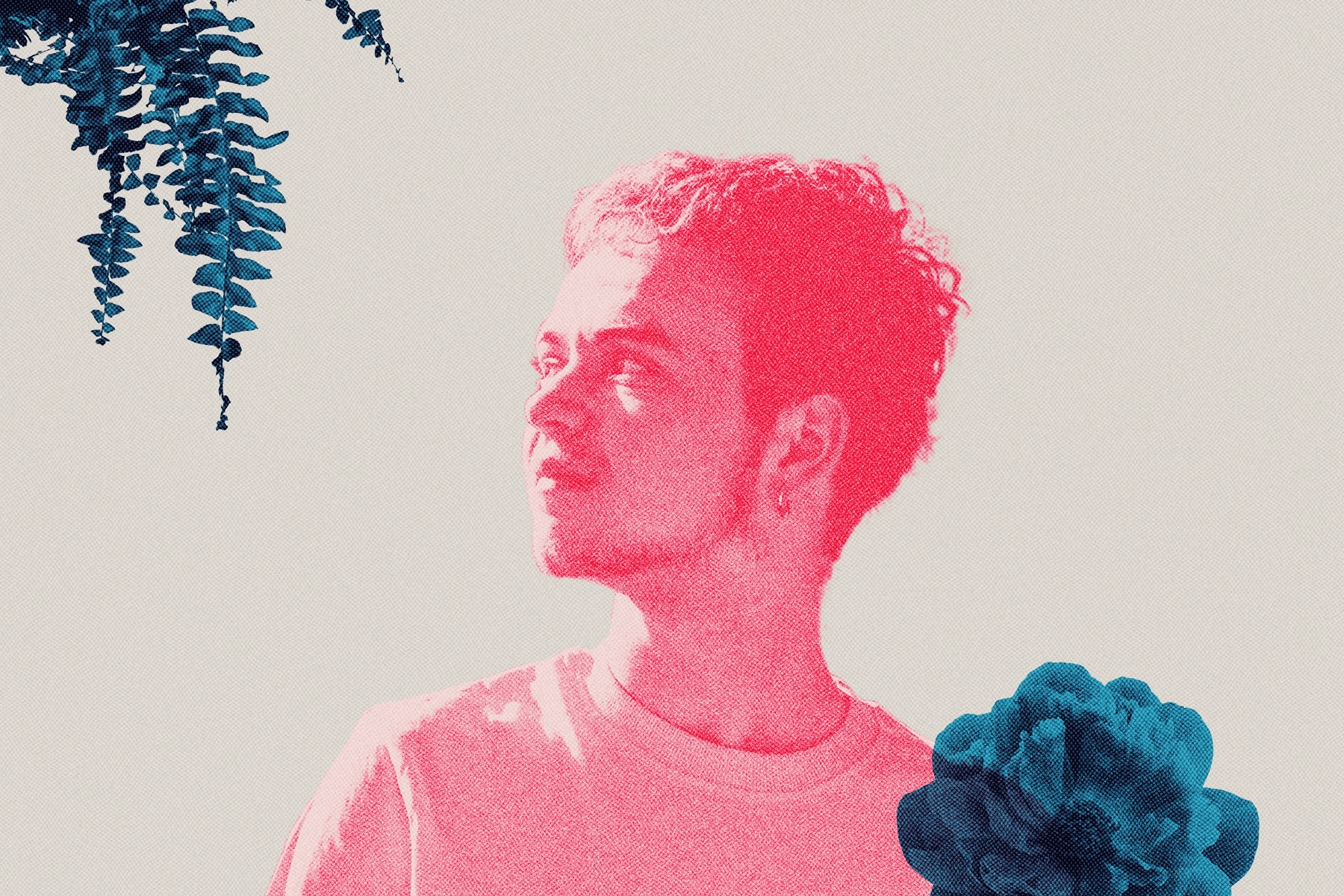
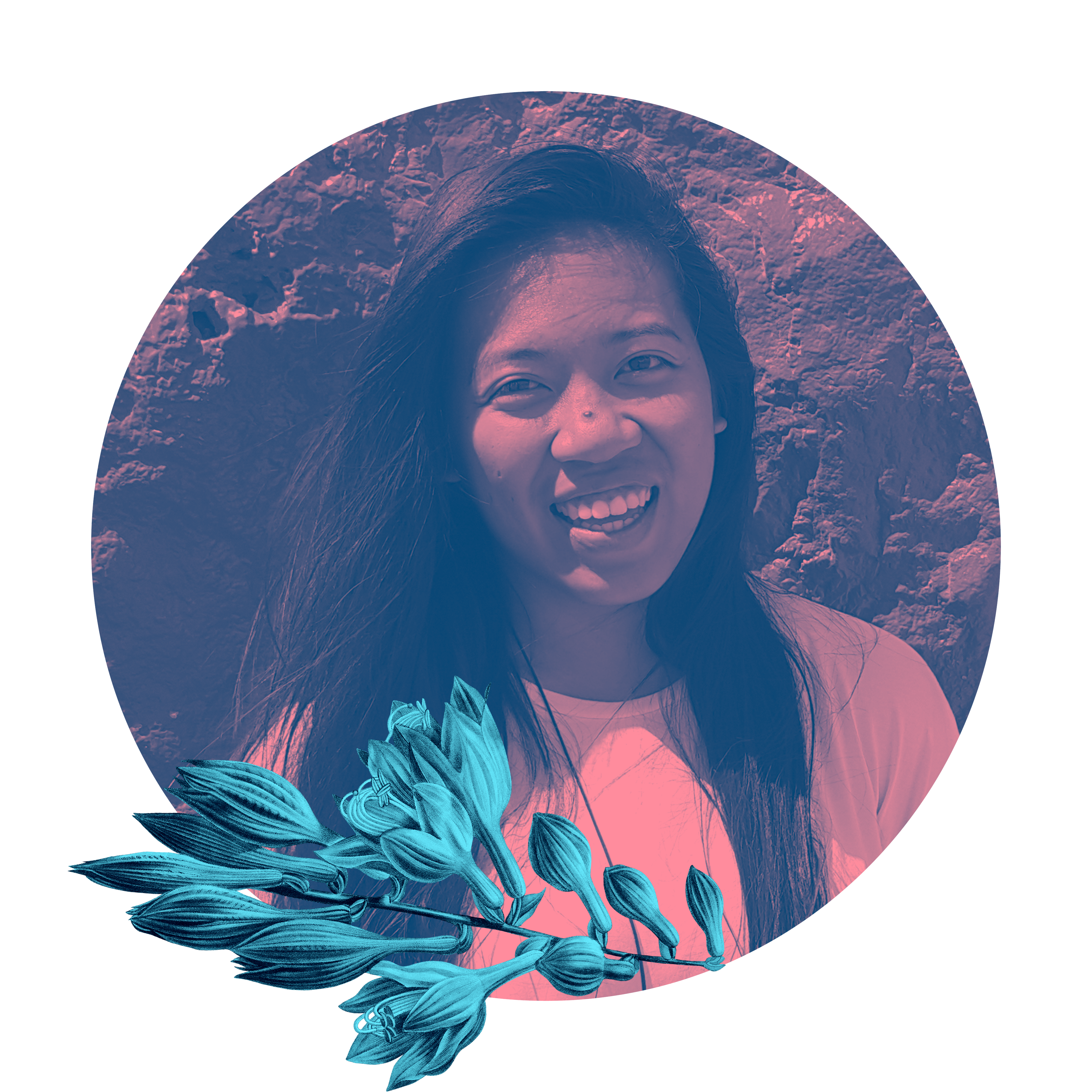
Patricia Natalie, MA
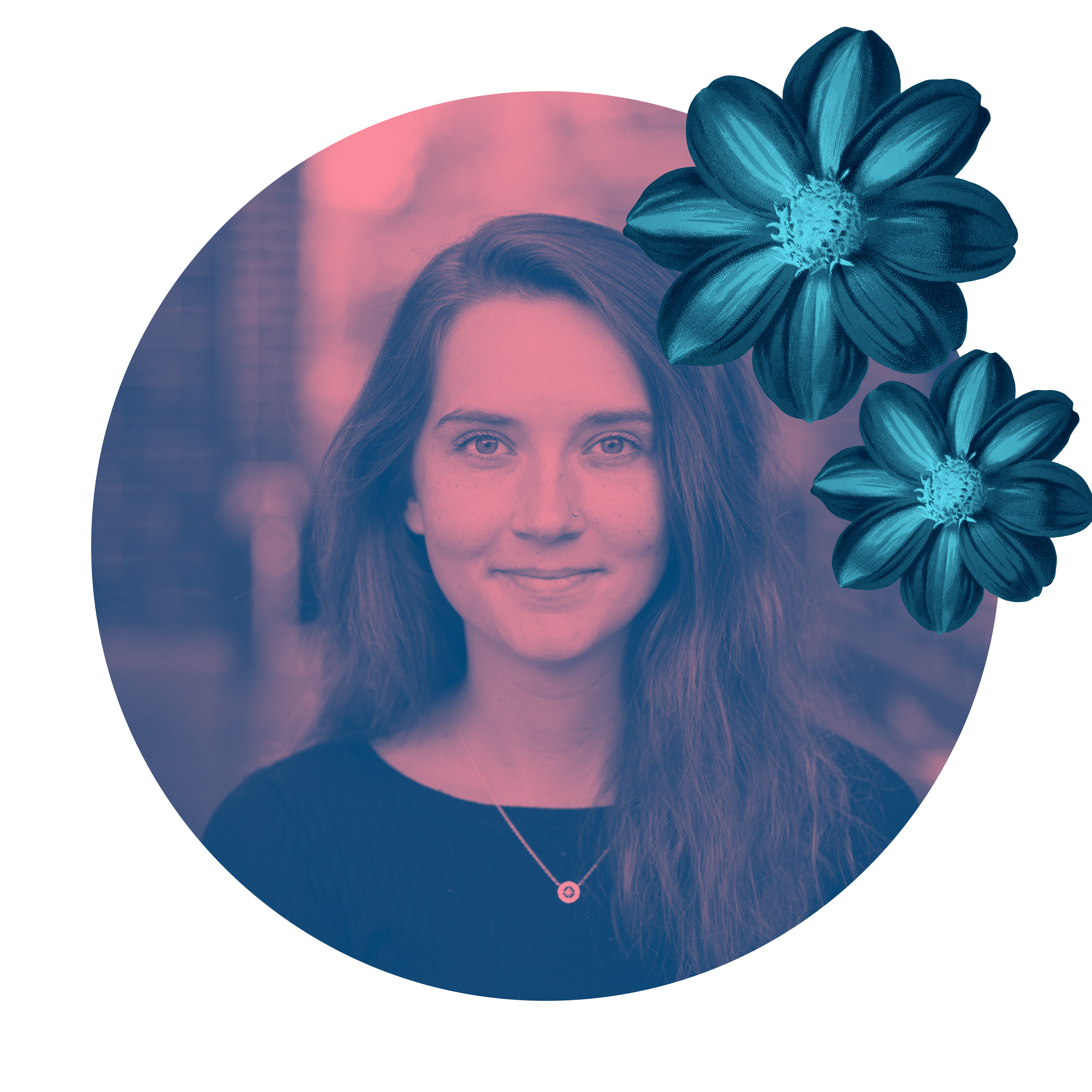
Kaitlyn LaBonte, LMSW
October 26, 2023
With Thrivology, creating trauma-informed and inclusive resources for youth-supporting professionals begins with the environment we all work in. The space we create plays a crucial role in shaping the experiences of the youth-supporting professionals in our project, and in turn, the experiences of young people accessing sexual and reproductive programming and care. Just like the strength and stability of a house relies on a solid foundation, our ability to develop trauma-informed and inclusive resources hinges on our consistent application of these principles in our own community.
Just like the strength and stability of a house relies on a solid foundation, our ability to develop trauma-informed and inclusive resources hinges on our consistent application of these principles in our own community.
To build this foundation, we started by creating community agreements alongside our Research Alliance—a group comprised of researchers, designers, youth-supporting professionals and youth who work together to inform the development of trauma-informed and inclusive resources.
At our first meeting earlier this year, each Research Alliance member shared a few principles, values, or pieces of wisdom that they would like to see implemented in our community. Some suggested ideas included: “assuming good intent,” “being willing to question the status quo,” “taking care of ourselves,” and “creating space for learning and failure.”
Intertwined in most of these agreements are the principles of trauma-informed care and healing-centered engagement that supports the safety and well-being of the youth-supporting professionals we work with. As Dr. Shawn Ginwright says, “The well-being of the adult youth worker is also a critical factor in supporting young peoples’ well-being.”
Our community agreements represent a collective promise that we make to each other—a commitment to create a friendly, supportive, and healing space. They also set the stage for respectful and empathetic interactions, providing a safe space where everyone feels valued and understood, regardless of our background or experiences.
To ensure that these agreements truly reflect the needs and voices of our community, they are not set in stone. Even after we “finalized” these agreements, we still ask, and we will continue to ask, for continuous feedback throughout the current project year and beyond. This iterative process and willingness to adapt are essential for fostering a collaborative and responsive environment.
And here’s the thing: community agreements are just the beginning. They’re not an easy fix or a one-time solution to creating safe spaces. They’re simply the first step of laying the foundation for a house. We’ve set the groundwork, but there’s much more to be done together in order to transform it into a truly warm, welcoming, and inviting home.
As we move forward together, our journey involves continuous collaboration, ongoing learning, and the dedicated application of these principles in our daily practices. This ongoing work means actively listening to one another, being open to new ideas, and being willing to adapt and grow. With every brick we lay and every lesson we learn, we move closer to creating a place where everyone can thrive and find the support they need—so that we can better support young people everywhere.
Not sure how to get started with crafting (or updating) your own community agreements? Check out our community agreements below for inspiration!
Thrivology Research Alliance Community Agreements
Look for learning.
We do not come to the conversation as an “expert.” We will meet conversations with curiosity and wonder. This includes, but is not limited to:
- Asking clarifying questions,
- Giving ourselves permission to get messy, and
- Creating space for learning and failure.
Commit to using a trauma-informed and inclusive lens.
We commit to asking who or what is missing from the conversation and how that perspective might be included. This includes, but is not limited to:
- Creating a space for multiple truths and norms,
- Being willing to question the status quo,
- Using equity centered and intersectional lenses, and
- Saying things that are left unsaid in the room in a respectful way (i.e., make the invisible, visible).
Take care of ourselves in and outside of our work.
We acknowledge and understand that the topics we are discussing are heavy, and we commit to caring for our physical, mental, emotional, and spiritual selves. This includes, but is not limited to:
- Practicing self-care,
- Communicating in ways that feel best to me (e.g., verbally, through chat, camera off or on, etc.),
- Allowing ourselves breaks when talking about sensitive topics, and
- Making time and space to take care of ourselves when triggered.
Create a respectful community environment.
We will work to build a community of trust and be aware of power dynamics. This includes, but is not limited to:
- Making room for introverted and extroverted communication;
- Stepping up, stepping back;
- Assuming positive intent;
- Normalizing discomfort;
- Using direct, respectful language to explicitly express my needs and opinions rather than relying on implicit social cues; and
- Extending grace to one another.
Remember and center our goal.
We commit to expanding the delivery of trauma-informed and inclusive practices in adolescent sexual and reproductive health programming and care. This includes, but is not limited to:
- Centering youth voices;
- Looking for opportunities for collaboration, going beyond our tasks;
- Actualizing cross-sector collaboration for youth; and
- Creating time for the right conversation.
Patricia is a curious learner who loves to ask questions and find patterns. If you look closer, you might see a literal light bulb above Patricia’s head when she sees a connection or realizes something in her research. Patricia loves using those insights to co-create changes—big or small—that make the world a better place. Having grown up in three different countries, Patricia sees the world differently and always makes time for travel. In her free time, Patricia can be found browsing offbeat Airbnbs or walking her sweet, black cat on a leash (yep—it's one of Patricia’s proudest accomplishments). Read more about Patricia.
Kaitlyn finds purpose in collaborating with, connecting, and encouraging like-minded people towards shared goals. From community level, youth-focused development to cross-cultural sexual health education, Kaitlyn applies an ecological lens to her work and can be heard saying, “research-informed practice scratches my brain just right.” Read more about Kaitlyn.






